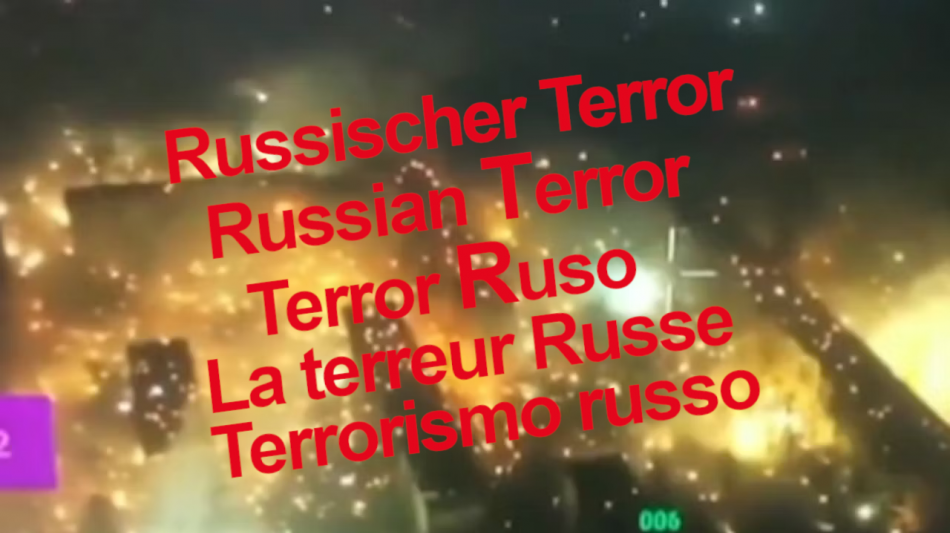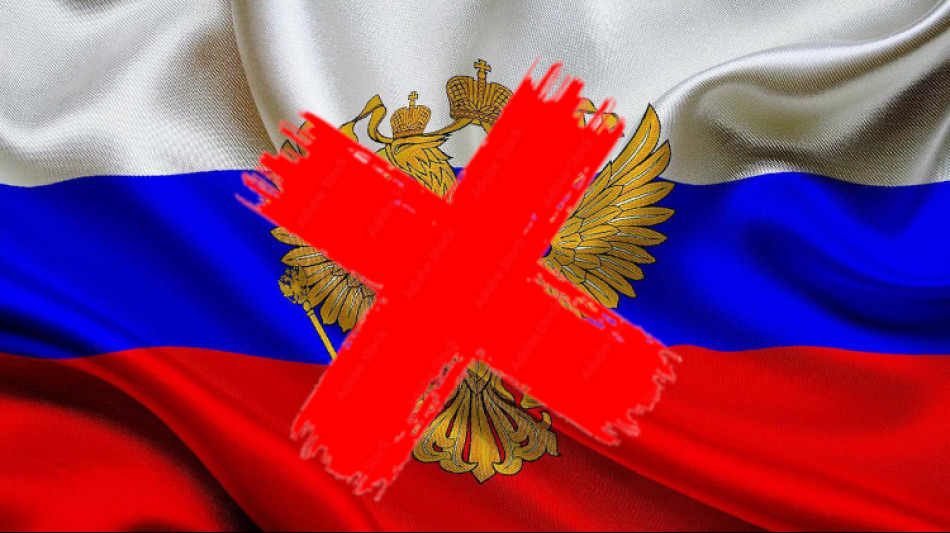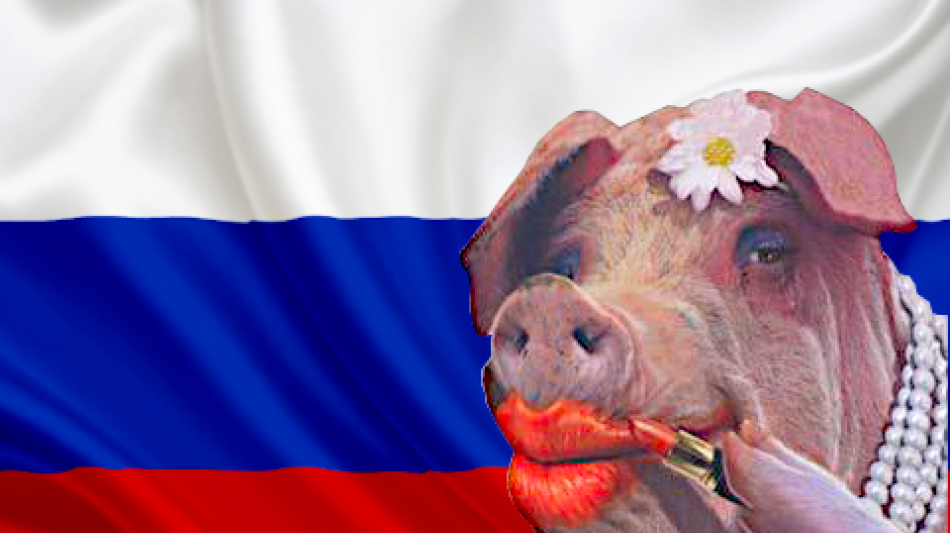-
 US Supreme Court to hear TikTok ban case
US Supreme Court to hear TikTok ban case
-
Los Angeles Rams playoff game moved to Arizona over fires: NFL

-
 Survivors patrol as looters prey on fire-wrecked Los Angeles
Survivors patrol as looters prey on fire-wrecked Los Angeles
-
US 'Pizzagate' conspiracy theory gunman killed by police: media

-
 ATP chief insists Sinner doping case 'run by the book'
ATP chief insists Sinner doping case 'run by the book'
-
Venezuela opposition claims elusive leader briefly detained in Caracas protest

-
 Los Angeles fires rage on as US National Guard called in
Los Angeles fires rage on as US National Guard called in
-
Chad says 20 killed in bid to storm presidential palace

-
 Musk promotes German far-right leader in latest European intervention
Musk promotes German far-right leader in latest European intervention
-
Inter Miami's Mascherano cools Neymar talk

-
 Danish PM reaches out to Trump over Greenland remarks
Danish PM reaches out to Trump over Greenland remarks
-
Everton advance in FA Cup after Dyche dismissal

-
 Maria Corina Machado: the face and fire of Venezuela's opposition
Maria Corina Machado: the face and fire of Venezuela's opposition
-
Venezuela's Machado freed after being 'taken away by force': opposition

-
 Real Madrid defeat Mallorca to reach Clasico Spanish Super Cup final
Real Madrid defeat Mallorca to reach Clasico Spanish Super Cup final
-
Jackson seeks deep Ravens run as NFL playoffs begin

-
 Los Angeles fires rage on as residents sift through 'death and destruction'
Los Angeles fires rage on as residents sift through 'death and destruction'
-
Returning Evenepoel expects to be 'in very good shape' for Tour de France

-
 Djokovic claims he was 'poisoned' before 2022 Australian Open deportation
Djokovic claims he was 'poisoned' before 2022 Australian Open deportation
-
US Fed's December rate cut should be its last for now: official

-
 NBA postpones Lakers-Hornets game due to LA-area wildfires
NBA postpones Lakers-Hornets game due to LA-area wildfires
-
Harmison wants England captain Buttler to be spared Afghanistan boycott decision

-
 'We're not afraid': Venezuelans defy repression to challenge Maduro's rule
'We're not afraid': Venezuelans defy repression to challenge Maduro's rule
-
Paris Hilton among celebrities to lose homes in LA fires

-
 US Fed's December rate cut was 'final' step to recalibrate policy: official
US Fed's December rate cut was 'final' step to recalibrate policy: official
-
Airbus boosts plane deliveries in 2024

-
 Rising star Diallo signs new Man Utd contract
Rising star Diallo signs new Man Utd contract
-
Quintero edges Dakar stage after Al Attiyah penalised

-
 Ubisoft reviews restructuring options, postpones new Assassin's Creed
Ubisoft reviews restructuring options, postpones new Assassin's Creed
-
Major LA fires '0%' contained as residents survey havoc

-
 Jimmy Carter briefly unites US as presidents attend funeral
Jimmy Carter briefly unites US as presidents attend funeral
-
Poland to grant Israeli officials 'free' access to Auschwitz ceremony

-
 E-Power hits the slopes: new wave of snow sports emerges
E-Power hits the slopes: new wave of snow sports emerges
-
Video game play gets frisky at CES gadget gala

-
 London Van Gogh show to open all night to meet demand
London Van Gogh show to open all night to meet demand
-
Leverkusen chase 'perfection' as Bayern hunt resumes

-
 What do we know about latest Gaza talks?
What do we know about latest Gaza talks?
-
Lamborghini sets new sales record amidst hybrid push

-
 Struggling Everton sack manager Dyche
Struggling Everton sack manager Dyche
-
Bochum awarded win over Union Berlin after keeper hit by lighter

-
 Chad says bid to storm into presidential palace foiled, 20 dead
Chad says bid to storm into presidential palace foiled, 20 dead
-
'Venezuela will be free': anti-Maduro protests roil Caracas

-
 Macron welcomes 'crucial election' of new Lebanon president
Macron welcomes 'crucial election' of new Lebanon president
-
France charges founder of adult website linked to mass rape trial: prosecutors

-
 Jimmy Carter unites US as presidents attend state funeral
Jimmy Carter unites US as presidents attend state funeral
-
Shocked LA residents survey fire damage, brace for more

-
 Chinese foreign minister pledges military aid for Africa
Chinese foreign minister pledges military aid for Africa
-
Musk draws ire because 'isn't left-wing': Italy's Meloni

-
 Jimmy Carter honored at state funeral as US mourns
Jimmy Carter honored at state funeral as US mourns
-
Lebanon army chief Aoun becomes president after two-year void

China, Trump, and the power of war?
As tensions in the Taiwan Strait continue to simmer, foreign policy experts are exploring a hypothetical scenario: If China were to launch a military attack on Taiwan, would a newly re-elected President Donald Trump intervene with the full might of the U.S. armed forces to defend the island? This question underscores the complex interplay of regional alliances, global power dynamics, and the unpredictability of American politics.
Setting the Stage: China’s Military Ambitions
Historical Context:
China regards Taiwan as a breakaway province destined for reunification—by force if necessary.
Modern Capabilities:
The People’s Liberation Army (PLA) has accelerated its modernization program, including advancements in naval power, ballistic missiles, and air force technology.
Regional Impact:
An attack on Taiwan could destabilize not only East Asia but also the global economy, given Taiwan’s crucial role in semiconductor manufacturing and maritime trade routes.
The Trump Factor: A New Administration’s Possible Response
Campaign Promises and Rhetoric:
Donald Trump has a record of strong nationalist rhetoric, emphasizing American military strength. If re-elected, he might lean into campaign pledges to protect U.S. interests abroad, including key allies and partners.
Previous Policies on China:
In his earlier administration, Trump took a hardline stance against Beijing on trade, technology, and security. This history suggests he could respond forcefully if China initiates open conflict.
Alliance with Taiwan:
Although the U.S. does not maintain formal diplomatic ties with Taipei, it is bound by the Taiwan Relations Act to provide defensive support. A President Trump might interpret this as a mandate to escalate, including mobilizing U.S. forces.
Potential Military Scenarios
Naval Blockade:
The U.S. Navy could intervene by establishing a defensive perimeter around Taiwan, deterring Chinese amphibious assaults. Warship deployments to the region would send a clear signal of U.S. resolve, but also increase the risk of direct engagement.
Air Superiority Campaign:
If China’s air force attempted to dominate the skies over Taiwan, the U.S. Air Force and Navy’s carrier air wings could provide critical support to Taiwan’s defense. This scenario would significantly escalate hostilities, potentially leading to sustained aerial combat.
Economic and Cyber Warfare:
Rather than committing large numbers of troops, Trump could opt for widespread sanctions on China, coupled with cyber operations to disrupt PLA communication and logistics. This approach would be aggressive yet potentially less risky than a full-scale military confrontation.
Risks and Global Ramifications
Escalation to Major Conflict:
Direct clashes between the U.S. and China could spiral rapidly, raising concerns about nuclear brinkmanship.
Economic Fallout:
Heightened tensions may lead to severe disruptions in global supply chains, especially regarding technology and semiconductor industries.
International Alliances:
A U.S. military response would likely draw in regional allies such as Japan, South Korea, and Australia, with NATO partners possibly offering political or limited logistical support.
Diplomatic Alternatives
Negotiated Settlements: Even in a crisis, there might be space for last-minute talks hosted by neutral countries or facilitated by international bodies like the United Nations. Multinational Coalitions: The U.S. might seek to build coalitions with allies in Europe and Asia to present a united front, pressuring Beijing to halt aggression.
Conclusion: An Uncertain Future
Should China take the drastic step of attacking Taiwan, the question of American intervention under a potential new Trump administration looms large. Historical precedent—along with Trump’s combative stance on foreign policy—suggests a robust response could follow. Yet the costs, both human and economic, would be staggering for all sides involved.
In this hypothetical scenario, much depends on Beijing’s calculations of risk versus reward, as well as Trump’s willingness to gamble on a major conflict to assert U.S. influence and uphold a promise to protect American allies. Ultimately, the future of Taiwan’s sovereignty could hinge on whether deterrence succeeds—or if the world’s two largest economies find themselves at the brink of war.

What are the effects of climate change on sea flora?

Azerbaijan is in control: Armenians flee Nagorno-Karabakh

EU countries agree on watered-down car emissions proposal

Hungary-Dictator PM Orban claims EU 'deceived' Hungary

Ruble at the end: Russia's currency on the brink of collapse

Russia in Ukraine: murder, torture, looting, rape!

That's how terror Russians end up in Ukraine!

Spain: Sánchez's aim of a left coalition will fail!

Russland, der Terror-Staat / Russia, the terrorist state!

Ukraine in the fight against the russian terror State

The Russian criminals will never own Ukraine!



